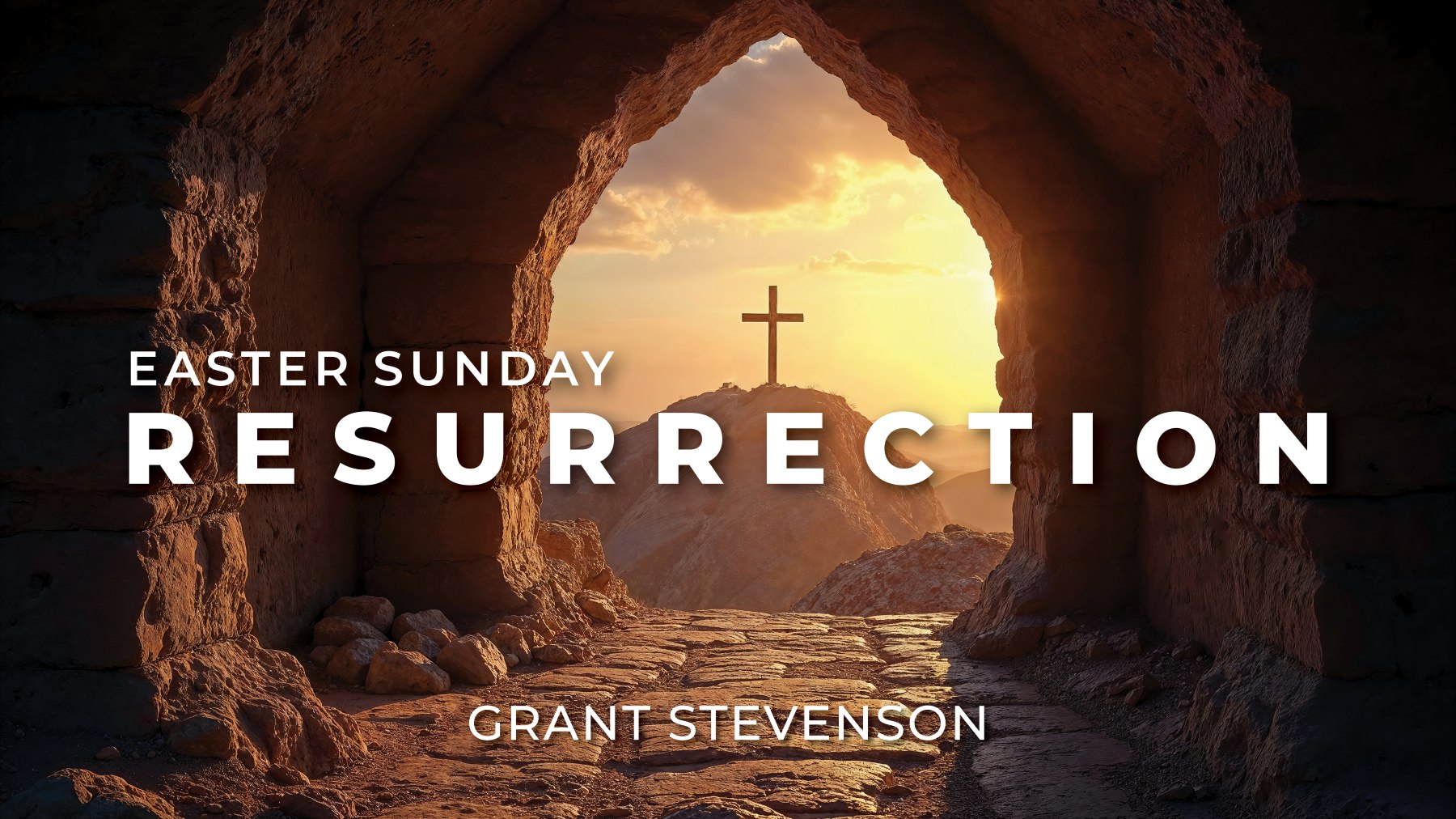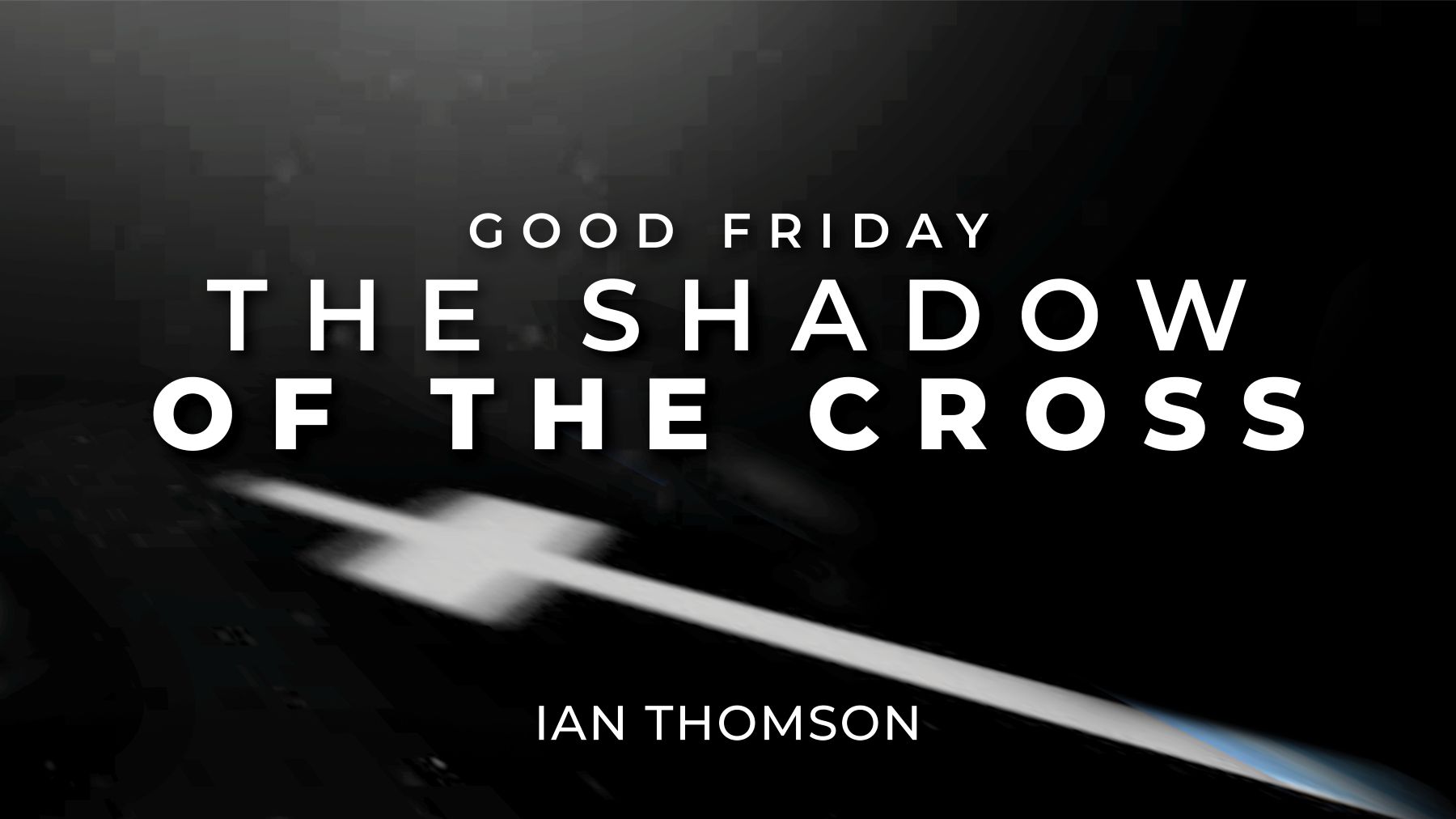Jesus repositions us from a victim to a victor in my suffering, transforms my wounds into a witness and turns death into a doorway leading to eternal life.
It’s a powerful thing to consider how Jesus’ resurrection reframes our understanding of life’s difficulties. Words like ‘suffering’, ‘woundedness’, and ‘death’ often bring feelings of oppression, hurt, and loss.
However, the resurrection of Jesus offers a new perspective, turning these experiences into paths of redemption.
Firstly, Suffering Doesn’t Define Me, It Refines Me.
Like refining gold through intense heat to reveal its purity, our trials can purify our faith, building perseverance, character, and hope. Through Christ’s resurrection, our suffering can become a reflection of our risen Savior, moving us from victim to victor.
Reflect:
- In what areas of your life do you currently feel defined by your suffering?
- Can you identify a time when a difficult experience ultimately led to personal growth or a deeper understanding of yourself or your faith?
- How might shifting your perspective from “why me?” to “what now?” change your approach to current challenges?
- What does it mean to you that your suffering can reflect the image of Christ?
- What is one small step you can take this week to view a current struggle as an opportunity for refinement rather than just a source of pain?
Secondly, Wounds No Longer Need to Transmit Negativity to Others, but Can Be Transformed into a Witness.
Jesus’ wounds led Thomas from doubt to faith. Similarly, our wounds can become testimonies to God’s presence and healing. We connect through vulnerability, and our stories of overcoming hardship can offer hope to others.
Reflect:
- What are some of the “wounds” in your life – past or present – that you might be tempted to hide or feel ashamed of?
- Can you think of a time when someone else’s vulnerability or story of overcoming hardship resonated deeply with you?
- How might you begin to see your own experiences of woundedness as potential points of connection and witness to others?
- What does the idea of being a “wounded healer” mean to you?
- Who in your life might benefit from hearing a story of hope that has emerged from your own pain?
Thirdly, Death Becomes a Doorway to Life, Not a Dead-End.
The resurrection transforms death from a finality to a passage into eternal life. This understanding shifts our focus from solely earthly concerns to an eternal perspective, freeing us from the fear of death and empowering us to live intentionally.
Reflect:
- How does the concept of death as a “doorway to life” impact your perspective on your current life?
- What are some of the “treasures” you are currently focused on accumulating in your life? Are these earthly or eternal?
- How does the resurrection challenge any fears you might have about death?
- What does it mean to you to “live with the end in mind”? How might this influence your daily choices?
- In what ways can you begin to prioritize “stockpiling treasure in heaven”?
On this Easter Sunday, the invitation extended to us is profound: to believe in the transformative power of the resurrection in every aspect of our lives – our suffering, our wounds, and even in the face of death. Jesus’ question, “Do you believe this?” is a personal one, inviting each of us to embrace this new reality.
closing prayer
Heavenly Father, on this glorious Resurrection Sunday, we thank you for the victory over death through Jesus Christ. Help us to see our suffering as refinement, our wounds as witness, and death as a doorway to eternal life. Strengthen our belief in the power of the resurrection and empower us to live as victors, sharing hope with others. Amen.
Watch the sermon on YouTube


